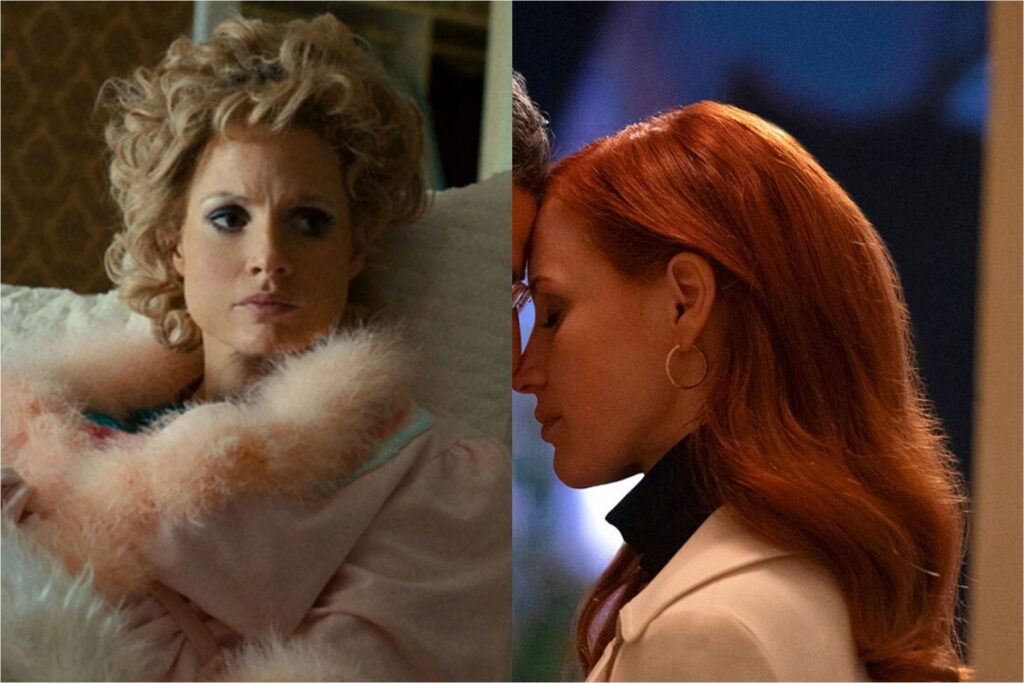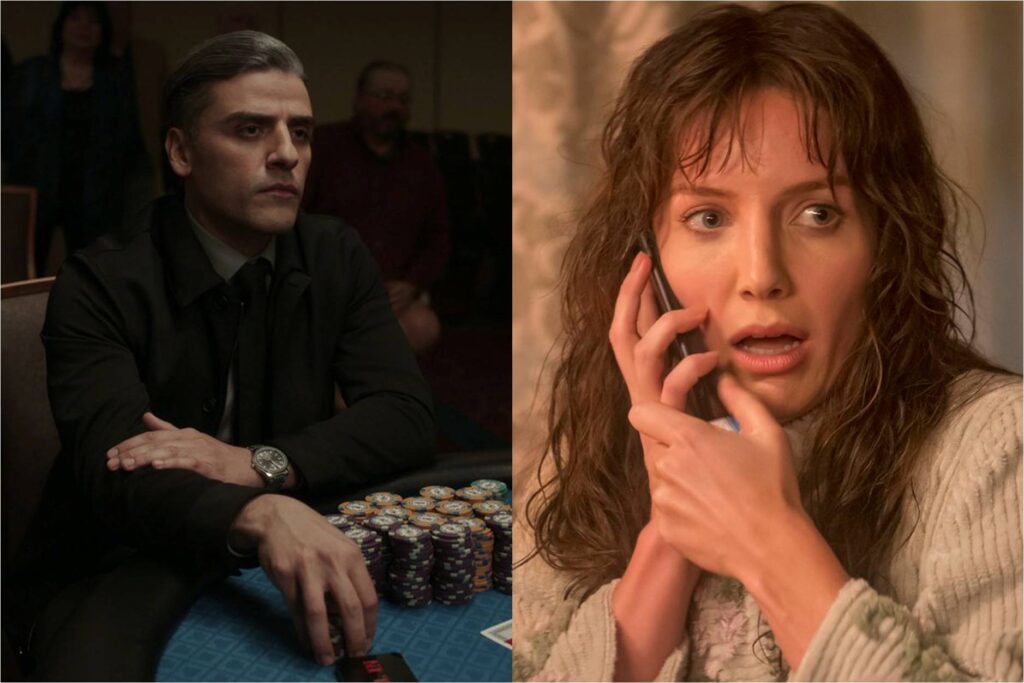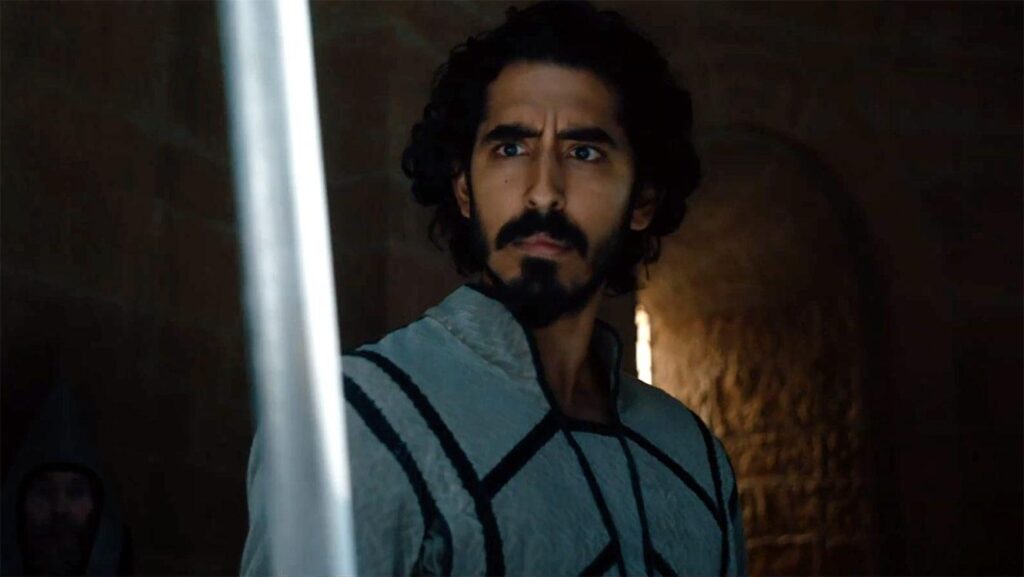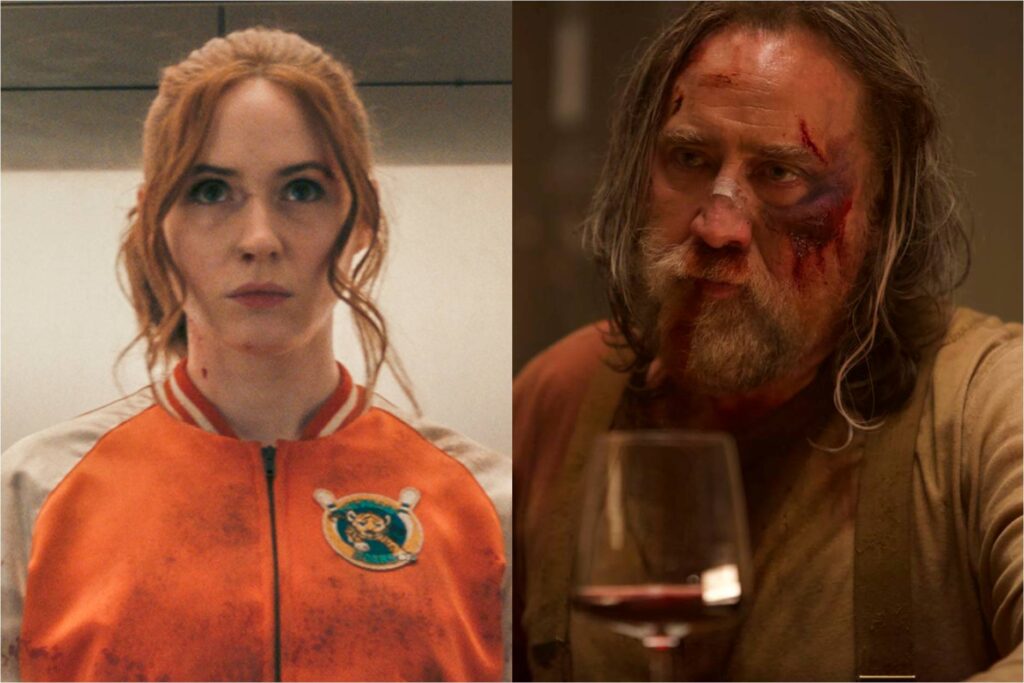Titane: Extra-Vehicular Activities
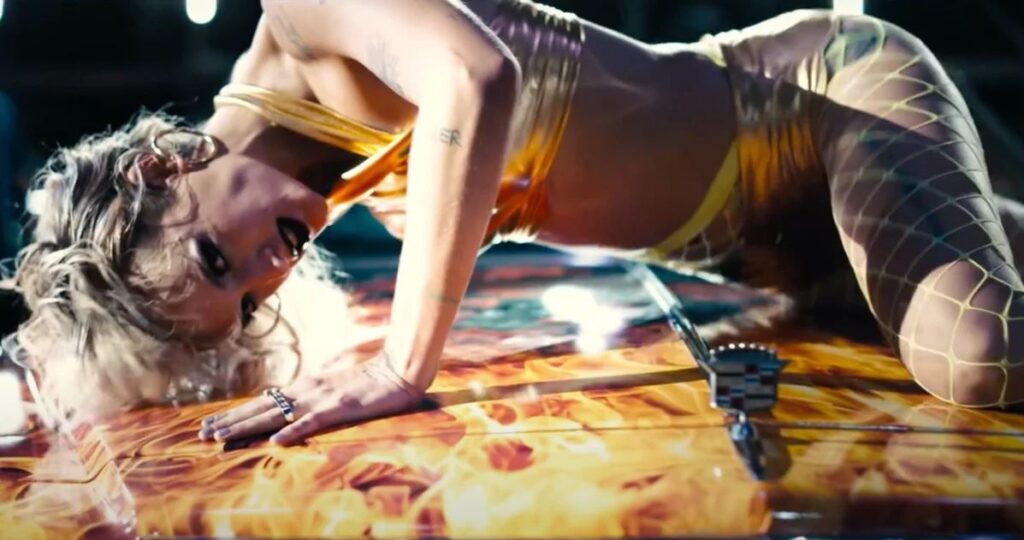
Car trouble gets a remodel in Titane, the blistering new thriller from the French provocateur Julia Ducournau. If you think the dudes from the Fast & Furious flicks are into vehicles, wait until you meet Alexia, a woman with a metal plate wedged into her head and a screw loose in her brain. The plate was installed during her childhood (the screw has presumably been loose since birth), after she inspired a crash by distracting her father while cooing “vroom-vroom” from the backseat; far from holding a grudge, as soon as she’s released from the hospital, she plants an adoring smooch on the sedan’s window. Flash forward 20-odd years, and her affections for automotives have, shall we say, matured, even if her moral compass continues pointing straight toward a black hole.
Ducournau’s first feature was Raw, and if you saw it, you haven’t forgotten it, especially the scene where a hungry teenage girl nibbled on her sister’s severed finger. Her follow-up bears a number of similarities, many of them appellative; Garance Marillier, who previously starred in Raw as that ravenous limb-muncher, returns here in a smaller role again playing someone named Justine, while other key characters are once more called Alexia and Adrien. More substantively, both films interrogate femininity in a masculine world, and the chaos that results when women start pushing past the guardrails that polite society has erected for them. Read More

